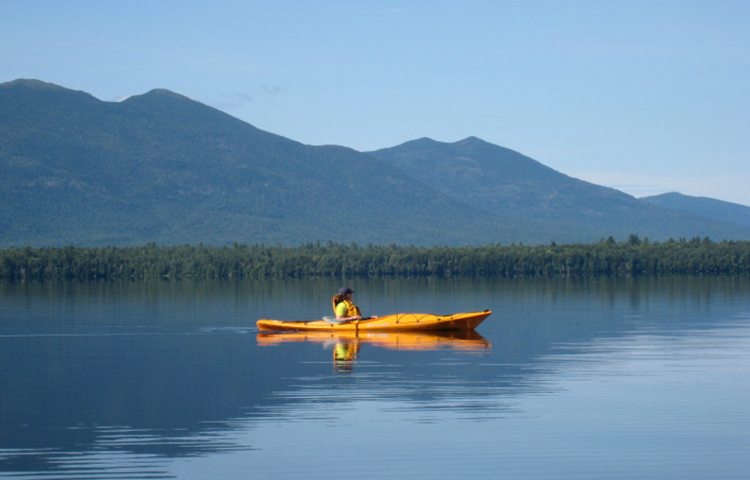
Flagstaff Hut is on the east shore of Flagstaff Lake. Guests can access canoes, kayaks and paddleboards with the purchase of a $10 day membership. (Photo courtesy of Maine Huts and Trails)
By Kim Fuller Published in Denver Post
KINGFIELD, Maine — Blue sky broke through the fir and spruce as we pedaled up the rocky path cut through thick forest. It was a gorgeous, warm late-August morning, and we were riding to the Stratton Brook Hut, the newest lodging in the Maine Huts and Trails, a network of trails and eco lodges near Sugarloaf Mountain Resort. It should have been a great start to our vacation, but I was complaining the whole way.
I was frustrated. We’d rented bikes from the Sugarloaf Outdoor Center, and I knew right away we should have brought our own. I was working too hard to maneuver my heavy bike through the rocks, my position was stiff and my attitude worsening. All I could think about was my dual-suspension steed at home in Vail, thousands of miles away.
Bobby, my boyfriend, rightly told me to chill out with my child-like pouts. The trail really wasn’t that challenging. I started to realize that the bike wasn’t fueling this tantrum — my hectic life was.
John Muir knew it back then, and his words are even more relevant now: “Thousands of tired, nerve-shaken, over-civilized people are beginning to find out that going to the mountains is going home; that wildness is a necessity,” he wrote.
Had I really become this tightly wound? I live in the mountains and I bike, hike and ski all the time. But it was becoming clear that I needed a vacation from technology to quiet the racket of to-dos buzzing in my head.
“We are far out here”
I’ve visited Maine almost every summer since I was a little girl. My family used to have a house on the coast, but I had never spent much time in the central part of the state. When I heard about the hut system, I knew I’d have to check it out Maine’s mountainous interior.
The original idea behind Maine Huts and Trails — to host multi-day Nordic ski trips — was inspired by the hut-to-hut treks of the European Alps. The system has four backcountry eco-lodges connected by 80 miles of trails. Eight more huts are in the works.
“Sugarloaf is somewhat isolated from the rest of Maine,” said Gisele Chenard, a Maine Huts and Trails representative who was onsite at the Sugarloaf Outdoor Center when we picked up our rental bikes. “We are far out here and there’s not much to do, but now there seems to be a lot more to do, and so that’s definitely bringing people up here.”
Fewer to-dos, but more to do — perfect for me and all the other “over-civilized people” of the modern world. Once I cleared those mental obstacles on the Oak Knoll Trail, it’s was smooth riding for our three-day exploration of the huts.
We’d worked up a good sweat once we reached Stratton Brook, three and a half miles up from the Sugarloaf Outdoor Center where we left the car. The hut’s caretaker was starting to cook up dinner when we arrived, and we purchased two beers from Portland’s Rising Tide Brewing and went to find our beds.
The word “hut” doesn’t do these buildings justice. These are spacious eco lodges with vaulted ceilings and walls of windows, hand-crafted furniture and comfortable nooks to settle into. Each building is off the grid, powered entirely by solar or hydro. The modern bathrooms have hot showers and composting toilets, and in the winter, the buildings are are warmed through the floors by geothermal heat and woodstoves.
Maine Huts asks guests to bring a pillowcase, a light sleeping bag and a headlamp or flashlight. Dinner, breakfast and a trail lunch are included with overnight stays. It’s impressive backcountry cuisine, and the caretaking crews work with nearby farms to serve sustainably raised meat, fresh produce and grains. During our trip, we ate hearty, thoughtfully prepared meals such as spiced braised beef with stewed potatoes served with beet and orange salad; dessert was carrot cake. A full service lunch is also open to day visitors on the weekends. These hut trips are a combination of camping and convenience.
The following morning we rode back down to the Outdoor Center to return the bikes. We had planned that from the start, as we wanted to access the huts on foot as well. We drove to the Airport Trailhead just a few miles down the road, repacked our bags at the car and then hiked a little over three miles, over rolling terrain, past rivers, waterfalls and mossy old-growth forests, to the Poplar Hut.
We had another private bunk room, and while I spent most of the evening before dinner sitting outside by the fire pit with a book, Bobby decided to contribute to the winter stores of firewood by chopping some and carting it with a wheelbarrow to an already impressive pile. This was an optional chore, offered to all guests for the sweet reward of a homemade chai cookie.
After breakfast on day three, we hiked back to the car and then drove to the Long Falls Dam Road Trailhead. From here it was only two miles to Flagstaff Hut — which gave us all day to spend at Flagstaff Lake. We could have hiked directly to all of the huts, but doing it this way eliminated the need to shuttle a car. I’d planned our trip with the regimented scheduling I was looking to shed out here; looking back, I should have told my watch to take a hike and planned the true hut-to-hut-to-hut experience.
At Flagstaff Hut, we rented stand-up paddleboards, but the wind was so fierce we didn’t last long on the lake. I went for a run on a dirt road, instead, and then we relished in a quiet evening in, with our feet up and wine glasses in our hands. Since the buildings are off-grid, guests are instructed to not charge their devices on wall outlets and are encouraged to power down for a screen-free experience. Instead, we read segments of stories to one another as we flipped through books and magazines about the history of the area. Away from my desk, my computer, and yes, even my bike, I was finally finding the solace I was looking for in civilized conversation and the healing rhythms of nature.
MAINE HUTS AND TRAILS. Eighty miles of trails connect four backcountry eco-lodges 130 miles north of Portlalnd, near Carrabassett, Maine. Open year-round. Summer rates: $90 per adult per night for a shared bunk room; winter rates range from $90 to $130. Huts are accessible in the winter on snowshoes or cross-country skis. Meals included. Call for private room and full hut rates, and plan your trip at 207-265-2400 or mainehuts.org.


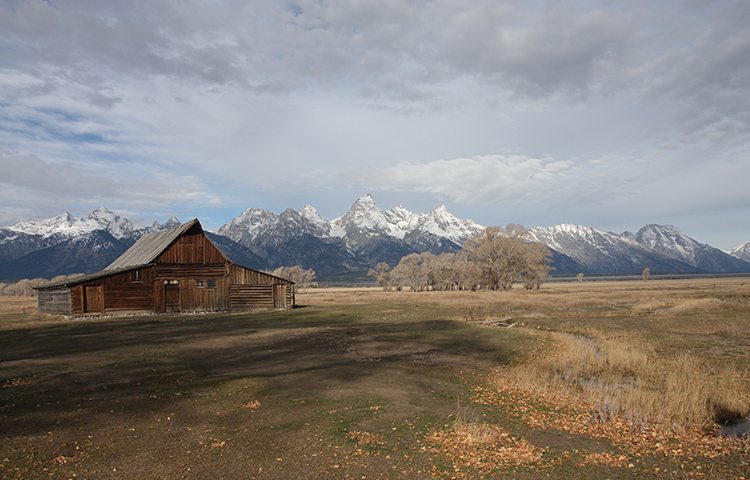
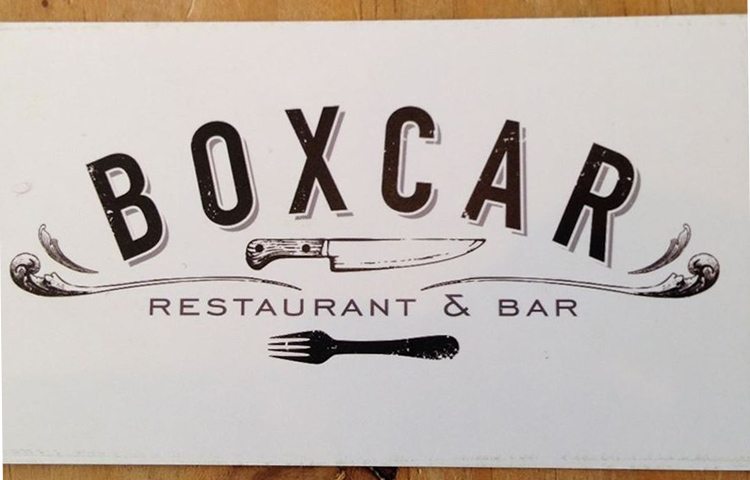
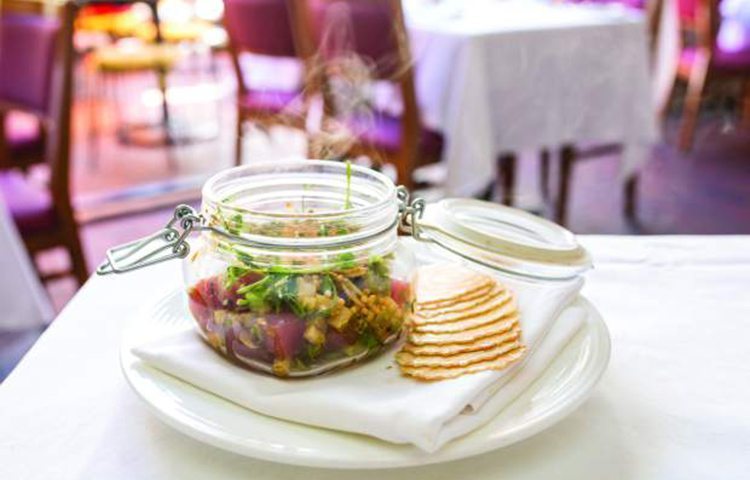
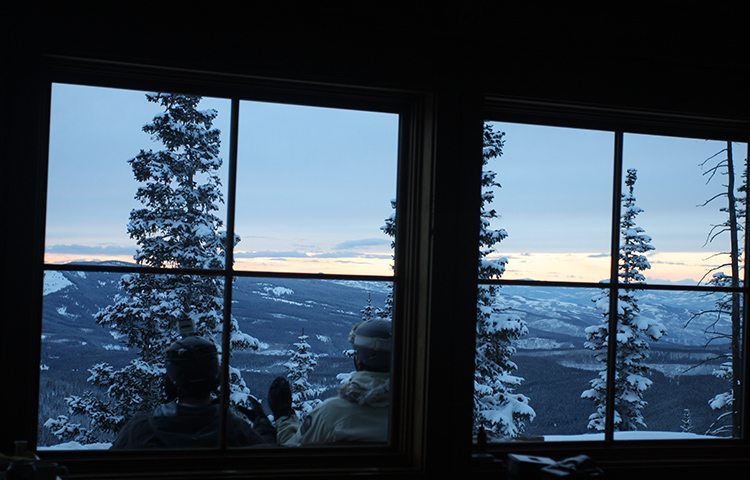
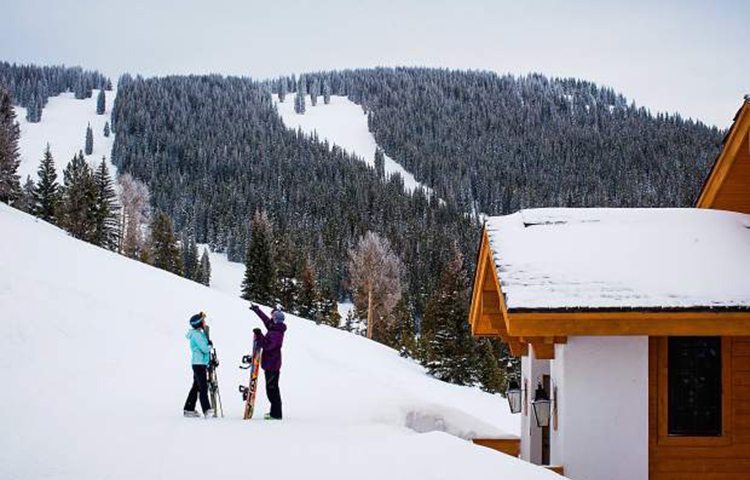

Leave a Reply
You must be logged in to post a comment.